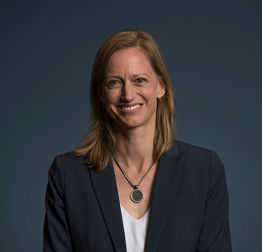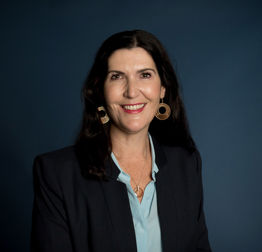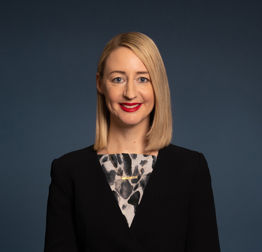With a research-centred approach to improving the wellbeing of tamariki in Aotearoa, Counties Manukau Health’s Kidz First Children’s Hospital and the Buddle Findlay Child Health Foundation are tapping the shoulders of New Zealand’s medical students.
The new student research scholarship programme led by Kidz First Children’s Hospital and Buddle Findlay, encourages undergraduate Māori and Pasifika medical students to complete research projects covering a range of critical health issues faced by Māori and Pasifika tamariki. The scholarship aims to encourage and support students who are considering or have the potential to have a future career in health research.
Taking place for the first-time earlier this year, the students collaborated with a project supervisor to collect and analyse data, and prepare a summary of their findings.
Lisette Hood, Buddle Findlay Child Health Foundation trustee, advocates for the new student research scholarship programme, particularly the important research and analytical skills it teaches medical students saying, “Every child in New Zealand deserves the right to health equity and research is a key factor in driving equitable health outcomes. The Kidz First Children’s Hospital programme provides an opportunity to develop and strengthen the Māori and Pasifika health research workforce.
“Medical research is fundamental to the future of our health care, particularly for those in Māori and Pasifika communities. Engaging with undergraduate students during a time when they are planning the direction of their career is a strong opportunity to showcase this.”
The Buddle Findlay Child Health Foundation funded two research projects in areas important to the health of Māori and Pasifika tamariki.
The first was a long-term follow-up of post-streptococcus glomerulonephritis (PSGN) in Auckland tamariki. Streptococci are responsible for a broad spectrum of diseases, morbidity, and mortality, with an estimated 1.78 million new cases yearly worldwide. The study aimed to determine the long-term health impacts of childhood PSGN and determine its risk factors for chronic kidney disease later in life.
The second project looked at the risks for obstructive sleep apnea in Pasifika youth at the time of leaving school. Respiratory disease is the third leading cause of death and costs the New Zealand and hospitalisations caused by respiratory disease is 2.6 times higher in the Pacific population compared to that across all ages. The study identified the need for awareness among the Pasifika community and general practitioners about the problem of sleep apnea among adolescents with snoring, asthma, obesity, and elevated blood pressure.
Julia Gabrielle, Buddle Findlay Child Health Foundation fellow trustee continues and says, “We are thrilled to see the research projects have an impact on not only the health areas of study but the confidence and new research-focused mindset of the students taking part.
“Supporting child healthcare is a natural fit for Buddle Findlay with our partners and staff having a genuine desire to make a difference. The Foundation is firmly committed to improving the experience for kids in hospital whether it is through research or providing resources.”
The Buddle Findlay Child Health Foundation is a charitable trust established by the partners of Buddle Findlay in 2005 and supports tamariki receiving residential medical care in New Zealand. If hospitals face an urgent need for equipment, research or other vital resources, the Foundation will quickly consider applications for funding to help meet the need and provide an immediate and direct benefit to tamariki. Since its inception, the Foundation has donated over NZ$1,125,000 for medical equipment and research.
Associate Professor of Paediatrics Cass Byrnes and Dr Adrian Trenholme led the establishment of the student research sponsorship programme. “It’s incredibly satisfying to see the doctors of the future engaging now in research that will have an impact on the young people of their own communities. The success of the first intake of medical students and the research projects is a good sign for the future of our health care for all tamariki.”





